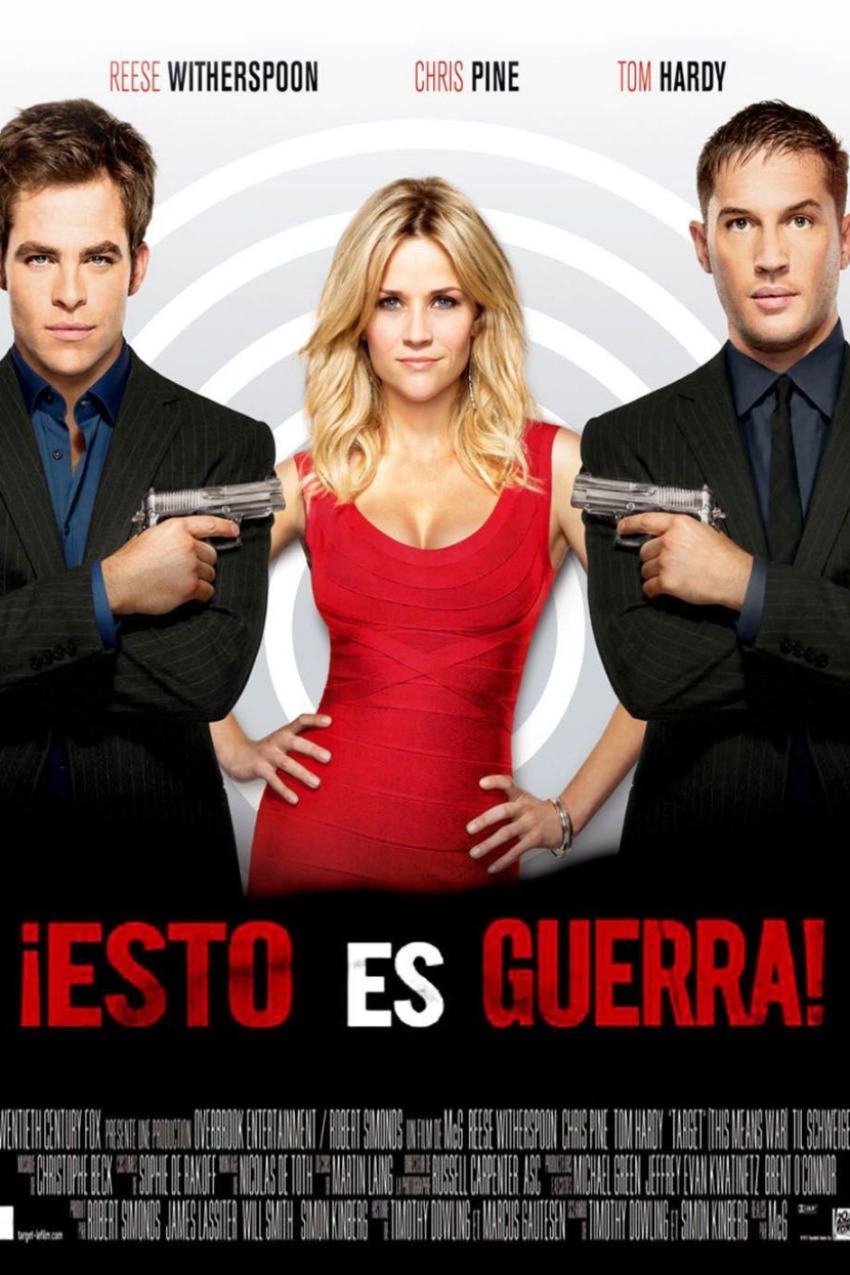
Personal info
Known for
Cinematographer
Gender
Male
Birthday
09 December
Location
California, United States
Edit pageRussell Carpenter
Biography
Russell Paul Carpenter, ASC (born December 9, 1950) is an American cinematographer and photographer, known for collaborating with directors James Cameron, Robert Luketic, and McG. He won the Academy Award for Best Cinematography for the 1997 Best Picture-winning film Titanic.
Much of his work has been in blockbuster films, including Hard Target (1993), True Lies (1994), Charlie's Angels (2000) and its sequel Charlie's Angels: Full Throttle (2003), Ant-Man (2015), and Avatar: The Way of Water (2023). His documentary cinematography includes George Harrison: Living in the Material World, directed by Martin Scorsese. It earned six nominations at the 64th Primetime Emmy Awards, including Outstanding Cinematography for Nonfiction Programming for the cinematography team.
In 2018, Carpenter received the American Society of Cinematographers' Lifetime Achievement Award.
The grandson of a film sound engineer, Carpenter was born in Van Nuys, California in 1950 to a family of six.[8] After his parents divorced in 1960, he moved with his mother and three siblings to Orange County, where he took up Super 8 films as a hobby.
After graduating from Van Nuys High School, he enrolled at San Diego State University to study television directing, but later changed his major to English. To pay for school, he worked at a local public broadcasting channel, where he learned the ropes of documentary filmmaking. After graduating, he moved back to Orange County, where he shot educational films and documentaries.
Carpenter is most widely known for his early work in horror and genre cinema and for his collaborations with directors James Cameron, McG, and Robert Luketic. His first major project as Director of Photography was the critically acclaimed 1988 ghost story, Lady in White, written, produced, and directed by Frank LaLoggia. It was followed by Critters 2: The Main Course, written and directed by Mick Garris. The Los Angeles Times criticized the film but praised Carpenter's cinematography.




